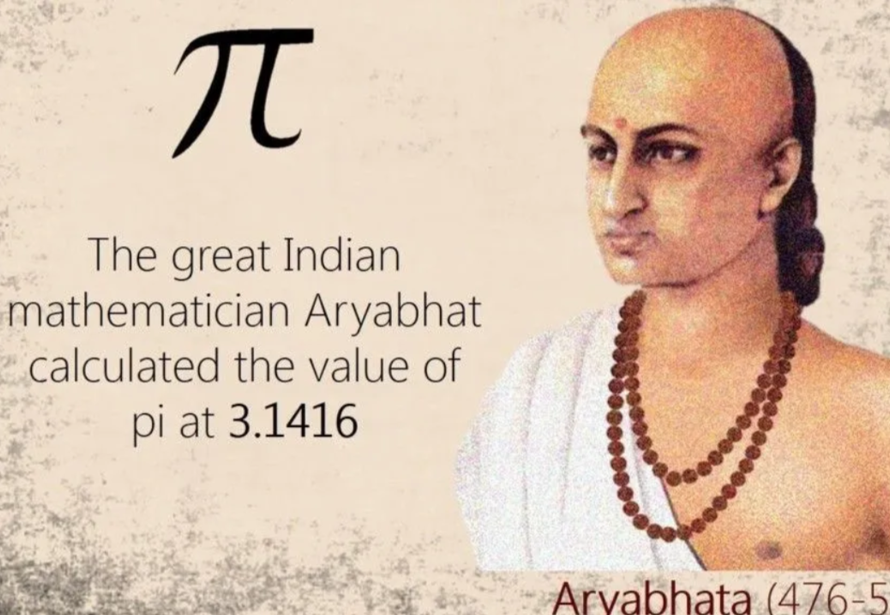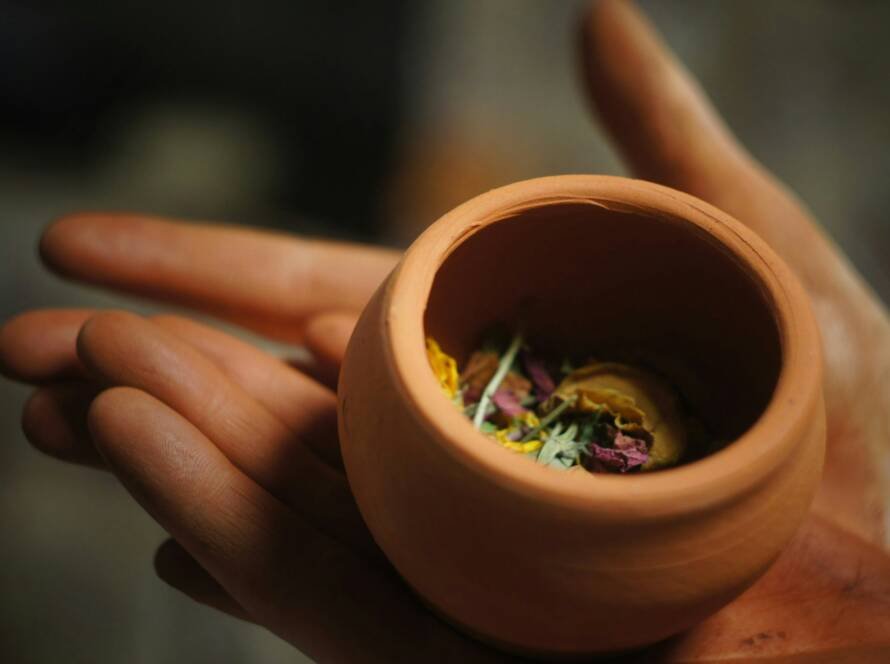Ancient India, a land of profound spiritual and intellectual heritage, has gifted the world some of its most enduring philosophies and religious traditions. Central to this legacy is the Vedic Period, spanning from 1500 to 500 BCE, a time that laid the foundational stones for what would become the heart of Indian philosophy and religion. This era, characterized by the composition of the Vedas—the oldest sacred texts of Hinduism—was a crucible of ideas that shaped the spiritual and cultural landscape of India for millennia. The Vedic Period is not merely a historical phase; it is the very bedrock upon which the vast edifice of Indian thought has been built.
The Vedic texts, composed in Sanskrit, are revered as the authoritative scriptures of Hinduism. These ancient hymns, mantras, and rituals were passed down orally for generations before being written down, reflecting the deep respect for knowledge and tradition in Vedic society. The four Vedas—Rigveda, Samaveda, Yajurveda, and Atharvaveda—each serve a unique purpose, from guiding rituals and sacrifices to offering hymns of praise and prayers to the divine. The Rigveda, the oldest of the four, is particularly significant, containing hymns that explore the mysteries of creation, the nature of the cosmos, and the relationship between humans and the divine.


At the heart of Vedic philosophy are concepts that continue to resonate in modern spiritual discourse: dharma, karma, and moksha. Dharma, often translated as duty or righteousness, represents the moral and ethical code that guides an individual’s actions and responsibilities in life. It is a concept that underpins much of Indian philosophy, emphasizing the importance of living in harmony with the cosmic order.
Karma, meaning action, is intricately linked to dharma. It is the principle of cause and effect, where every action has consequences that shape one’s present and future life. The idea of karma underscores the moral responsibility of individuals, encouraging them to act in ways that are just and virtuous.
Moksha, or liberation, is the ultimate goal of life in Vedic thought. It represents the release from the cycle of birth, death, and rebirth (samsara), and the union with the divine. The pursuit of moksha is central to the spiritual journey outlined in the Vedas, offering a vision of a life beyond the material world, where the soul is free from the bondage of earthly existence.

The Vedic Period also witnessed the emergence of philosophical thought. The emphasis on knowledge and learning during this period fostered a culture of inquiry, leading to advancements in various fields, including astronomy, mathematics, and medicine. The Vedic rituals and ceremonies, rich in symbolism and meaning, reflected the society’s deep connection to nature and the cosmos. These practices not only reinforced social hierarchies but also fostered a sense of community and shared identity among the people.
The rituals and ceremonies of the Vedic Period, often centered around fire sacrifices (yajnas), were not merely religious acts but also social events that reinforced communal bonds and the transmission of knowledge. The elaborate rituals, performed by the priests, were believed to maintain cosmic order and ensure the prosperity and well-being of society. These rituals also laid the groundwork for the complex religious practices that would later develop into classical Hinduism.
The Vedic Period remains a cornerstone of Indian philosophy and religion, reflecting the profound spiritual and intellectual legacy of ancient India. It was a time when the seeds of ideas that would later flourish into rich philosophical traditions were sown, ideas that continue to influence not just Indian thought, but also global spiritual discourse. As we delve into the teachings of the Vedas, we connect with the timeless wisdom of a civilization that, thousands of years ago, began exploring the deepest questions of existence, morality, and the divine.



